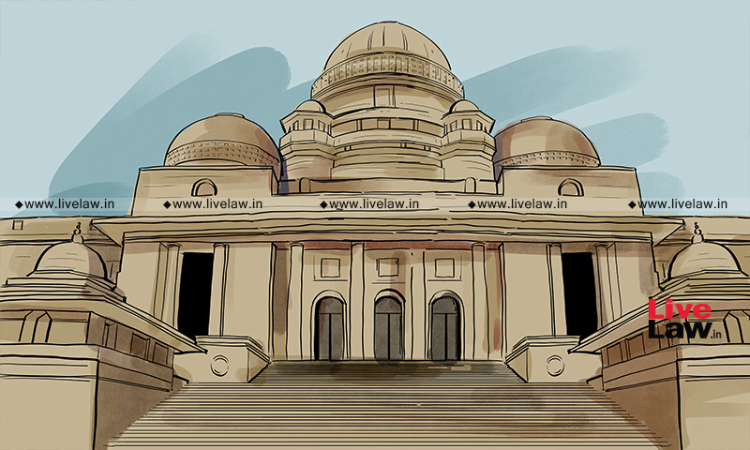Section 498A IPC | Mental Cruelty Possible Even If In-Laws Reside Separately: Bombay High Court
Amisha Shrivastava
18 Jan 2023 10:07 AM IST

Next Story
18 Jan 2023 10:07 AM IST
The Bombay High Court recently observed that mental cruelty is an abstract concept and can be committed even if in-laws reside separately."The mental cruelty is an abstract concept and it is a matter of experience for a person who is subjected to cruelty … Sometimes, the taunts might be seen to be innocuous by one person, while they may not be necessarily so perceived by another person …...
